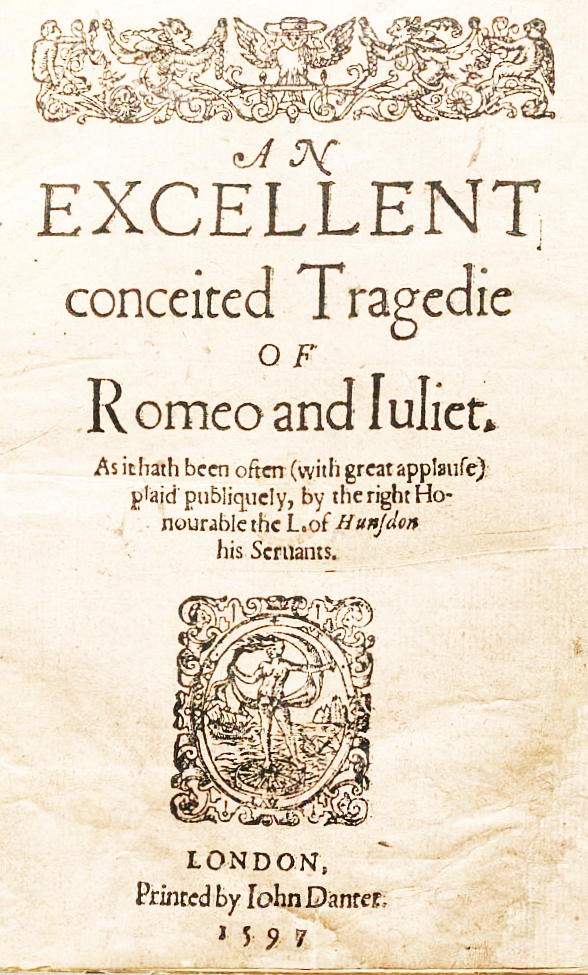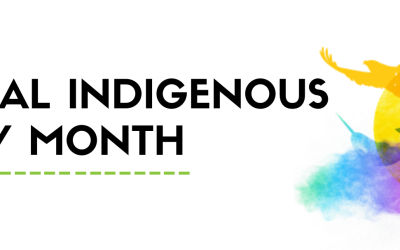Powell River is flowing toward a name change. Juliet in Shakespeare’s famous play Romeo and Juliet says “a rose by any other name would smell as sweet” – just not to the good people of Powell River where the prospect of a new name is stirring up a hornet’s nest. The picturesque town is on the Sunshine Coast north of Vancouver and overlooks the Georgia Strait, or what many now call the Salish Sea. Juliet also says, “What’s in a name?” A lot.
Opposition to the Powell River name comes largely from the Indigenous Tla’amin community which considers the name’s legacy to be hurtful. The elected chief told CBC that “a lot of our community members are survivors of residential school; a lot of trauma has come from the survivors, their children and grandchildren…[and] we’re still living through that today.” A referendum is to take place during the 2026 civic election.
Israel Wood Powell has a town, river, lake, and streets in other urban areas named after him. He is a descendant of a justice who stood up to King James II in 1688 by liberating condemned judges. He arrived in Victoria from Canada West in 1862, a time when free traders were going up the rugged coast to trade whisky for furs, when the gold rush that began in 1858 had become more bust than boom, and when vigilante justice reigned in the backwoods, meaning just about everywhere.
A chronicler in the British Columbia Historical Quarterly in 1947 states that “murder was almost a daily occurrence amongst the tribesmen” and that Indigenous people were “in a savage state…steeped in ignorance and dominated by superstition.” Powell, who was a doctor and legislator, would have considered himself a civilizing influence in that he introduced free education for all children in the colony in his role as Superintendent of Education and later as Superintendent of Indian Affairs.
By the time of his retirement, he had helped establish seventeen schools as well as the University of British Columbia where he served as the first chancellor. Upon his death it was said “the Indians have not forgotten that he was their first champion.” Yet they have forgotten. Perhaps that is why the City of Powell River produced a web page called, “Who was Israel Powell?”
The web page shows the City staff are not neutral observers and have taken a side, accusing their famous citizen of
- condemning the potlatch as an impediment to “assimilation”
- abusing “residential schools to turn Indigenous children into ‘useful members of society’” – the schools having a “detrimental impact on the well-being of Indigenous children in British Columbia [which is] still felt and dealt with today.”
- “removing sacred and ceremonial objects from Indigenous People” by keeping them or distributing them to museums, “the loss of these artifacts creat[ing] painful legacies for Indigenous communities.”
If Israel Powell were with us today, he might say the potlatch was banned in part because slaves were occasionally clubbed to death to boost the host chief’s prestige, that residential schools were an educational right sought by parents, and that sacred artifacts were preserved by museums. Whoever Powell was, it is more a matter of subjective interpretation than unshakeable truth.
On Monday, July 8 a panel of three activists will convene at the Powell River library to tell the other side of the story and weigh the evidence. Local residents Arthur Richards and Ted Vizzutti will be joined by former professor and residential-school expert Frances Widdowson.
The prologue to Romeo and Juliet goes as follows:
Two households, both alike in dignity, In fair Verona, where we lay our scene,
From ancient grudge break to new mutiny, Where civil blood makes civil hands unclean.
In fair Powell River, the sides are alike in dignity, the grudge is ancient, and the new mutiny has made civil hands unclean.
Jim McMurtry, PhD, was formerly a principal of Neuchâtel Junior College in Switzerland and a college lecturer, but mostly he was a teacher. He lives in Surrey, B.C.



